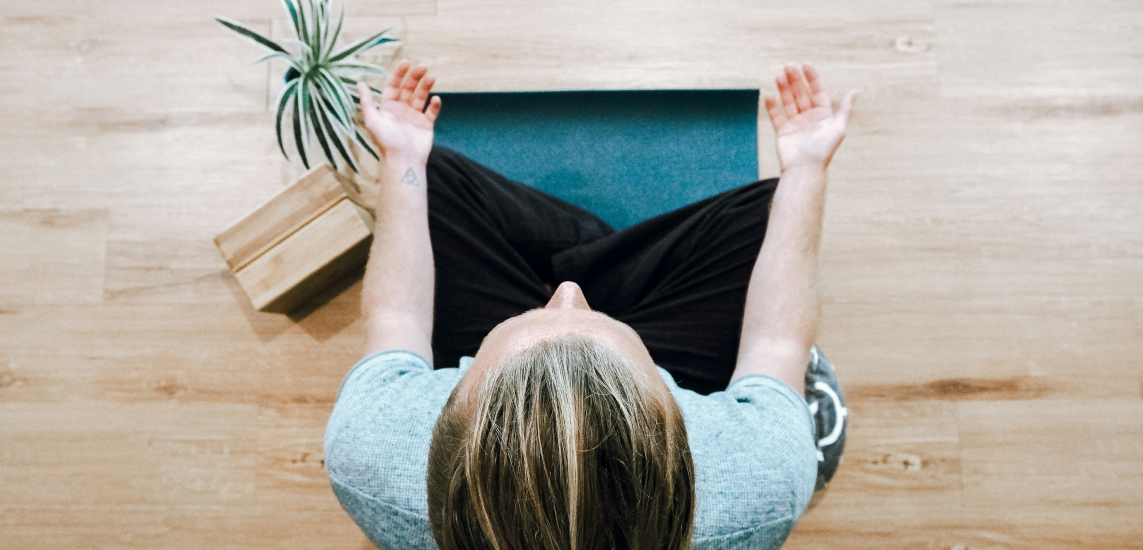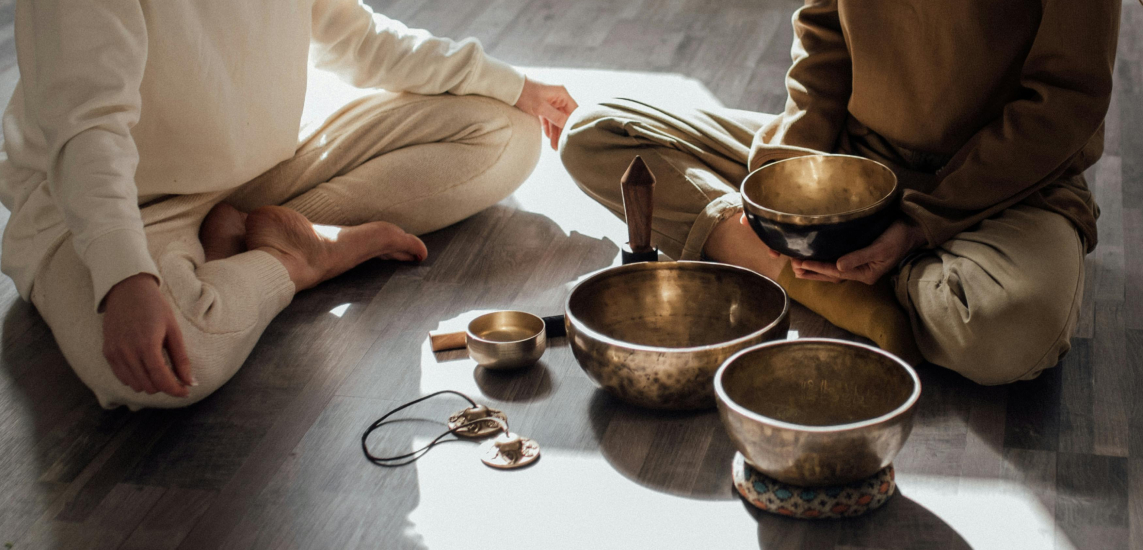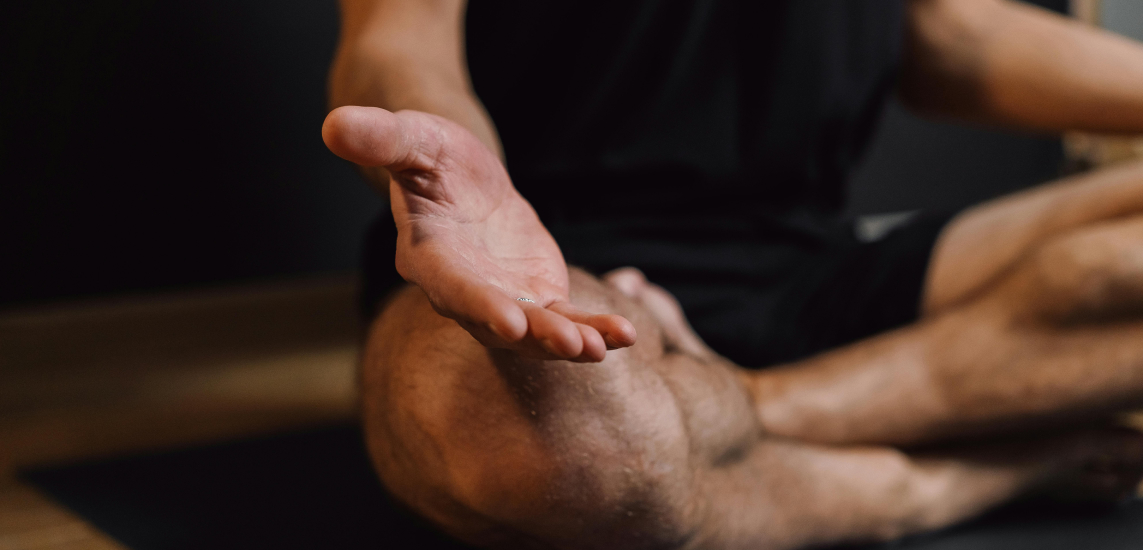While much societal emphasis is placed on the importance of having a strong, fit, healthy body, less attention is paid to developing healthy emotional muscles. Control over our feelings needs regular exercise to stay strong as well. This article explores ways to train your emotional fitness.
Why Does Emotional Fitness Matter?
Have you ever been having a perfectly fine (even wonderful!) day, only to receive an upsetting phone call or rude email that instantly “ruins” your day? I know I have. I recently received a phone call from my agent alerting me to the fact that a client was refusing to pay me for a job I had already performed, making all kinds of excuses and trying to justify withholding payment.
I found myself getting irate—taking their unprofessionalism personally and feeling attacked, saying “How dare they mess with my money!” While I had a valid reason to be upset, nothing is worth getting that worked up over.
It’s one thing for someone to go back on a commitment. It is another to allow that person to steal our joy. I literally gave away my good mood for free, and there is no price tag we can put on our peace and happiness. It is invaluable.
I learned a huge lesson that day. I saw how little control I had over my wellbeing. I gave someone else the keys. I knew I never wanted to feel this way again. While none of us will go through life without experiencing hurts and frustrations, it’s important to embrace the fact that we are responsible for our reactions to upsetting events. In other words, most of us need to bulk up our emotional muscles and emotional fitness.
Read more: Improving our emotional fitness combats the habit of regulating difficult feelings with food. Discover how to overcome emotional eating.
How To Build Strong Emotional Muscles
1. Give yourself emotional timeouts.
If you’re a parent, you’re familiar with giving your children a “timeout.” Sometimes adults need a timeout, too. Rather than acting on emotional impulses and saying or doing something we will later regret, we can resist the temptation and see our reaction as an opportunity to grow and develop character.
There will always be opportunities to lose our temper and get upset, but when we feel our emotions rising, we can choose not to act on them and to stay calm instead. It’s like going to the gym when you don’t want to, just because you know how good you’ll feel afterward.
Read more: Especially mothers constantly stay in the state of doing. Discover practical moments of mindfulness for moms to shift into a state of simply being.
2. Take the high road. Forgive.
When someone is rude to us and we don’t engage, we pass the test. When we are willing to take responsibility even though it’s hard, we grow up faster and build strong character that attracts abundance into our lives.
We will always be tempted to overreact in the areas where we are the weakest. These situations shine a light on our own limitations. It is easy to love people who are loving, but the challenge is to love those who are not. They teach us how to love better and be stronger. Forgive them. They are building your character.
Read more: This article explores what forgiveness is, how it interacts with mindfulness and how we can be more forgiving.
3. Don’t get on board.
It’s hard to overlook an insult, keep a positive attitude, and be patient when nothing seems to be going our way. We think if those rude people would just stop being rude, everything would be great. But when we allow ourselves to realize that this rude person or upsetting situation is perfect for us because it allows us to change for the better, we take back our power.
It may not feel very pleasant to do 100 burpees at the gym with your personal trainer, but think how strong your body will look and feel if you commit to exercising your physical muscles this way on a regular basis. You know when you’re sweating to death and out of breath during your workout and not really enjoying it that much, but afterwards your feel great? The same applies to our emotional workouts, too.
So, the next time somebody does you wrong and you want to get upset, send an unloving text or email, scream at the top of your lungs, or completely shut down, try instead to take a deep breath and see it as an opportunity to heal an old wound and grow. With practice, you will begin to become less and less reactive and feel a greater sense of peace and freedom.
Read more: Anger and rage are difficult to overcome. Discover Tara Brach’s mindfulness approach of letting go of anger and Amanda O’Bryan’s thoughts on how to stay mindful and compassionate on social media.
4. Try a simple breathwork exercise to return to joy.
If you’re feeling out of alignment, allow yourself to feel this way completely. In other words, don’t self-medicate with food, alcohol, shopping, or mindless TV.
It is vital that we fully recognize our pain; otherwise it will just resurface at a later date with a vengeance. When we raise our vibration, we raise the vibration of the world. And the world could certainly use our radiance right now!
Give yourself sufficient time to work through whatever negative emotions come up, then start the journey back to gratitude with a breathwork exercise.
I learned about the power of focusing on our breath in my meditation practice and Reiki master certification training. Not only is breathing a vital part of life, delivering oxygen into our bloodstream while removing carbon dioxide, but focusing on our breath forces us to slow down, and in turn, breathe more deeply.
I love this quick breathwork exercise from life coach extraordinaire and best-selling author Tony Robbins:
- When you’re ready, find a comfortable place to sit. Close your eyes and place your hands on your heart. Breathe into your heart. Notice how powerful and beautiful it feels. Focus for a moment on that strength and beauty. Feel appreciation.
- Now, think of the situation that is causing you pain, suffering, frustration, or grief. For example, “I’m frustrated these jobs keep getting canceled, and I don’t have more money in the bank right now to grow my business and live the lifestyle I desire without getting into debt.” Be specific.
- Keep feeling your heart and listen carefully to it. What is it trying to tell you in this moment?
- With your eyes still closed, connect to the power of your heart and mind and pay attention to what comes up for you. Then fill in the blanks for these phrases:
“In this situation, all I need to remember is: (I’m safe, for example).”
“All I need to do is: (Trust).”
“All I need to focus on is: (Doing my best).”
Take as long as you need. There are no right or wrong answers. The important thing is to simply let yourself feel and be open to the truth pouring from your higher self. For me, the truth is that I am safe, and all I need to do is trust and focus on doing my best.
Discover our large free library of guided breathing meditation practices used as a tool to focus awareness on the present.
Emotional Fitness: Our Heart Always Knows The Answer
Many of us spend our lives overstimulated and exhausted, just trying to keep up. We forget to return to our breath, slow down, and listen to our inner knowing. Our heart always knows the answer. We just have to give it the time and space to speak our truth to us.
I find the breath work exercise to be a quick and powerful way to ground myself and acknowledge why I feel out of sorts. It’s free, relaxing, quick, and can be done again and again. I also love this exercise because it builds strong attitudinal musculature. It’s a great reminder that we are 100 percent responsible for our life experiences. What an empowered place to live from!
Certainly setbacks and disappointments, trauma and tragedy can and will still arise, but we don’t have to stay stuck in a low-vibe state of despair. Our hearts and minds and emotional muscles want to work together to bring us a fulfilling, joyful life that lights us up.
Listen to Kate Eckman‘s inspiring lecture and guided practice for self-confidence and self-compassion. “Through the consistent practices of self-compassion and meditation, I’ve discovered a few perspective shifts that have transformed my sense of self-worth.”
- Steps To Transcendent Self-Confidence Kate Eckman 9:53






-1.jpg)
